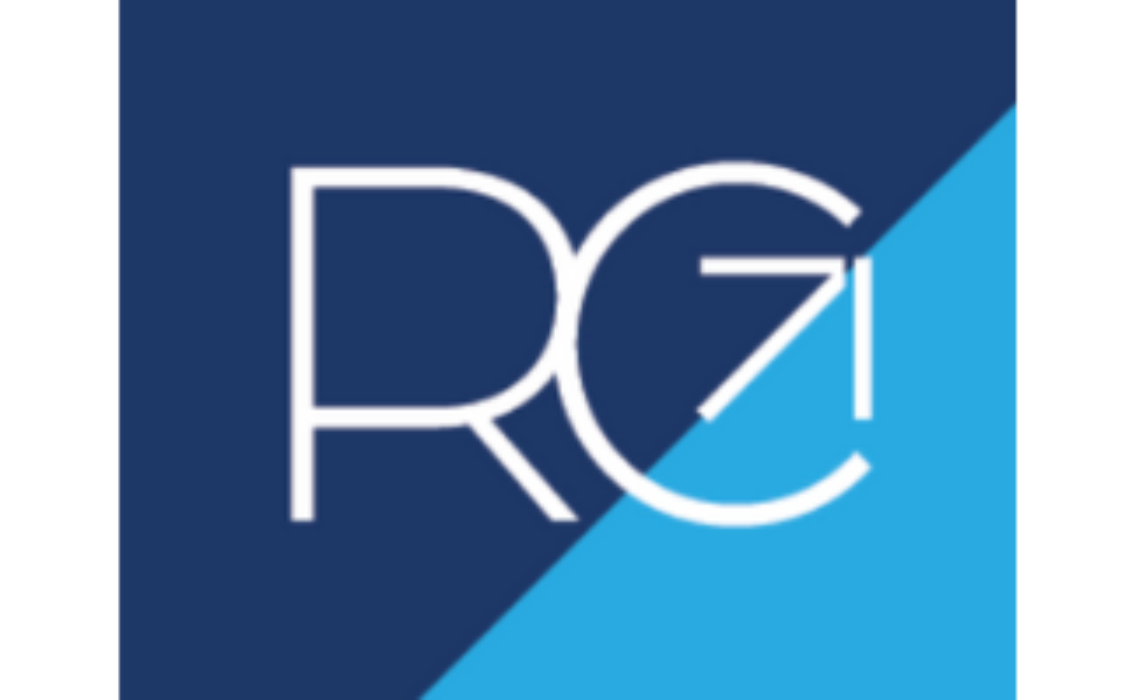The 71st session of the WHO Regional Committee for Europe (RC71) took place virtually during 13-15 September 2021. Health ministers and high-level representatives of the 53 Member States of the WHO European Region together with partner organisations and civil society discussed current health challenges and set the direction for future actions.
The pan-European health community adopted new regional frameworks for primary healthcare, immunization and mental health as well as a measurement framework for the European Programme of Work, 2020-2025 – “United Action for Better Health in Europe”. Additional side events discussed the efforts required to tackle alcohol consumption, invest in the healthcare workforce and act on the health effects of climate change.
Reorienting health systems, in particular reinventing primary healthcare (PHC) and rethinking health priorities post COVID-19, were given centre stage at RC71. The pandemic has highlighted the importance of PHC, showing that it is key both to responding to health emergencies and to providing essential services. IDF Europe shared a number of recommendations on how to rebuild stronger integrated healthcare systems with effective primary care systems at the core. This requires reviewing and overhauling national models of care to design and adopting integrated care models, educating and upskilling primary healthcare professionals (HCPs), encouraging research on integrated care models, integrating the voice of people in all aspects of their care and accelerating the adoption of digital and innovative approaches. PHC is the first level of contact between HCPs and individuals and plays a vital role in the prevention of diseases, for example, in identifying people at risk of developing non-communicable diseases (NCDs) such as diabetes. IDF Europe therefore welcomes the adoption of a new resolution on PHC.
The RC71 also focused extensively on the lessons learned from the responses to the pandemic and on the best ways to re-build our health systems and societies for more resilience and better preparedness. People living with diabetes (PwD) have been especially affected by the pandemic. Not only were they at an increased risk of developing severe forms of the disease and even death, but the disruptions to essential health services arising from the measures put in place to manage the pandemic will also likely have long-lasting physical and psychological effects. IDF Europe underlined the need for health systems to shift from a culture focused on treatment and management to one focused on risk-reduction, quality of life and well-being, in order to tackle the challenge of NCDs. Other recommendations included addressing the socio-economic determinants of health and other health inequalities across Europe, accelerating the move towards digitalisation of the healthcare services and broader use of data and analytics and supporting European civil society.
Another important point of discussion was the development of the measurement framework for the European Programme of Work, 2020-2025. It is crucial to have a measurement mechanism in place to be able to clearly and effectively evaluate the success of actions and interventions. However, IDF Europe regrets that diabetes does not feature as an indicator or target in the evaluation framework other than through its broad inclusion in an indicator on premature NCD mortality rate. Diabetes shares many common modifiable risk factors with, and is a key risk factor for, many other NCDs. However, its complexity and the progressive nature of the condition mean that a distinct approach from that of other NCDs is required to ensure its adequate management and to lower the risk for PwD of developing potentially costly and life-altering complications.
This year’s RC71 agenda was ambitious, covering a wide range of health topics, looking at the present state of play on COVID-19, how to move towards better health and well-being and how to measure the progress achieved. For the diabetes community, it is crucial that governments develop an honest, equal and meaningful collaboration with their national diabetes associations, citizens and civil society at large to respond to the needs of PwD and rebuild resilient health systems that are well-equipped to take care of the most vulnerable now, and when the next pandemic hits.
To read our full statements during the RC71, please, see the links below:
1. Written statement from IDF Europe to provisional agenda items 2 (b) and 14 Progress report on the Roadmap to implement the 2030 Agenda for Sustainable Development, building on Health 2020, the European policy for health and well being;
2. Written statement from IDF Europe to Provisional Agenda Item 3 COVID-19 lessons learned: getting ready for the next pandemic;
3. Written statement from IDF Europe to Provisional Agenda Item 5 Realizing the potential of primary health care in the post-COVID-19 era;
4. Written statement from IDF Europe to Provisional Agenda Item 8 Development of the measurement framework for the European Programme of Work, 2020–2025;
5. Written statement from IDF Europe to Provisional Agenda Item 13 Matters arising from resolutions and decisions of the World Health Assembly and the Executive Board – Reducing the burden of noncommunicable diseases through strengthening prevention and control of diabetes.



